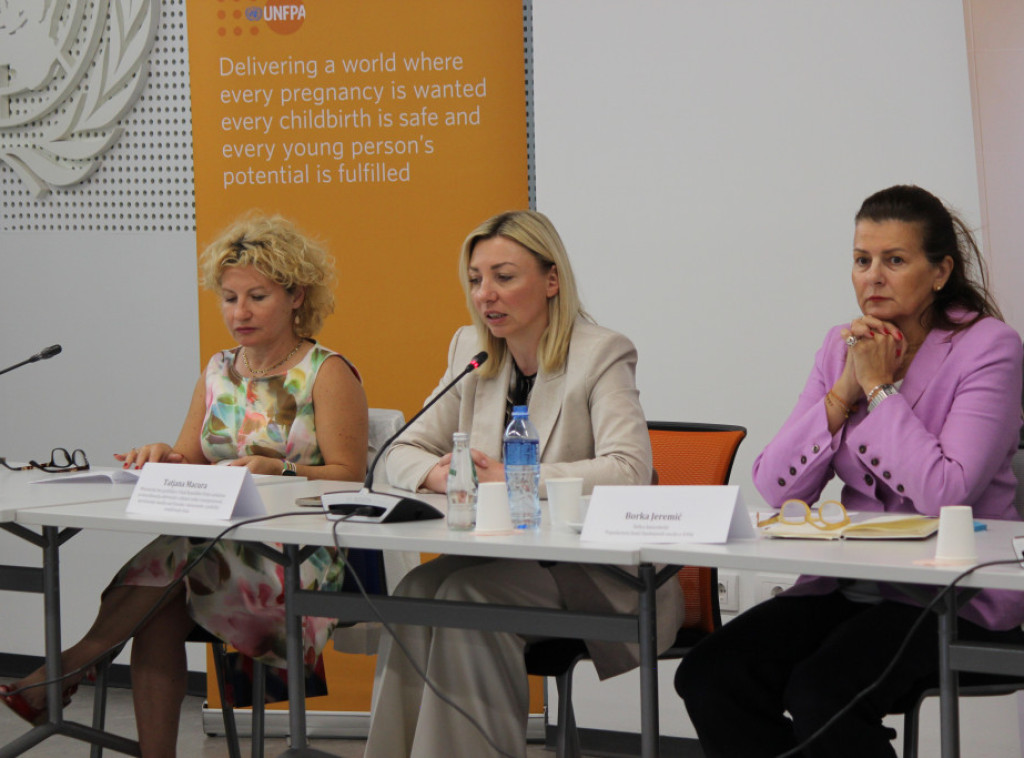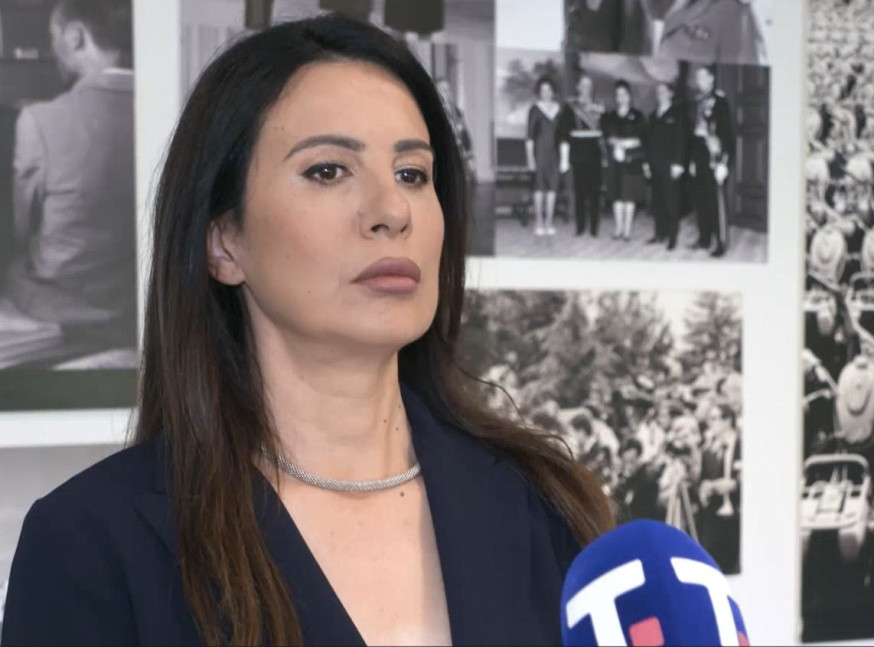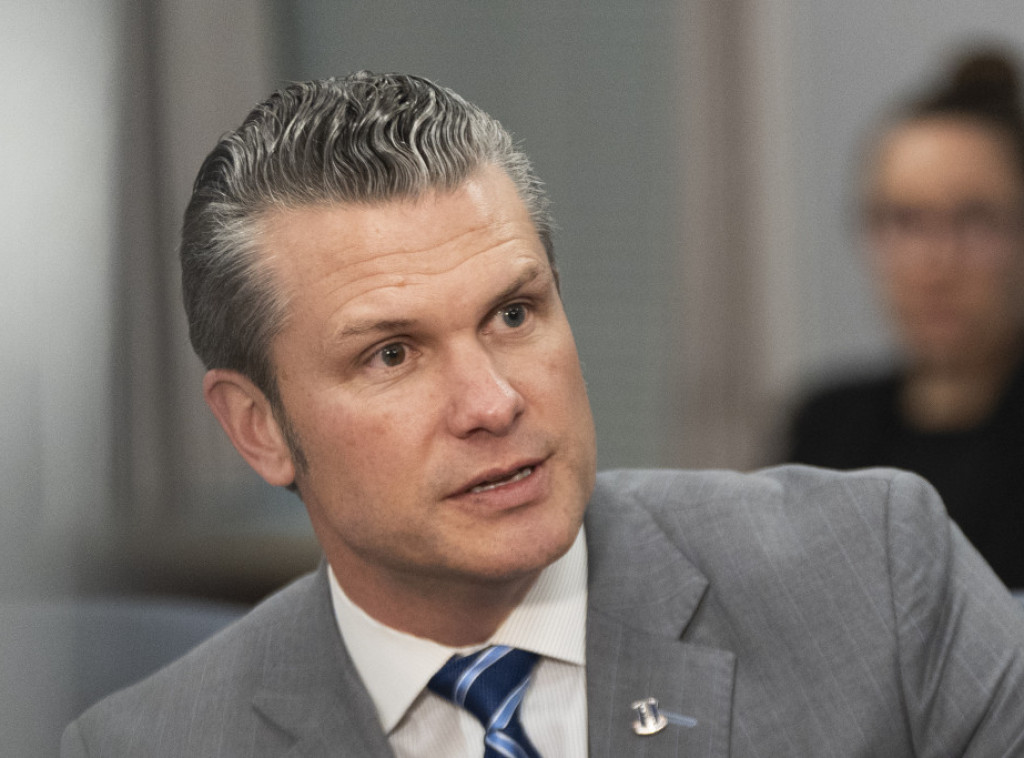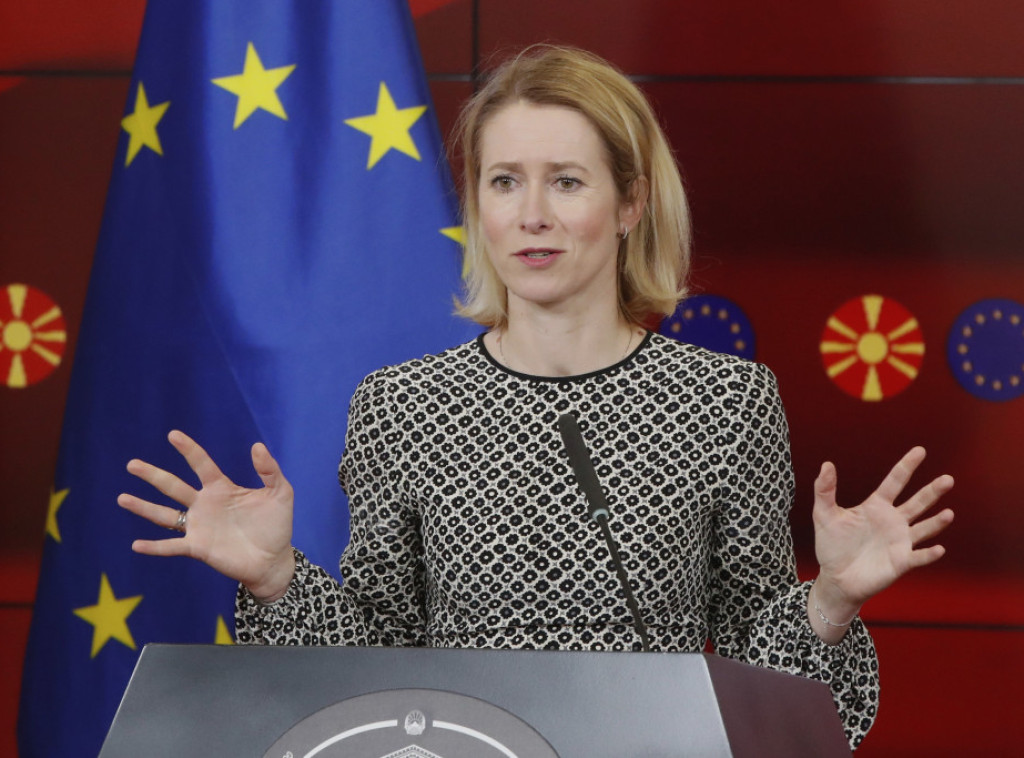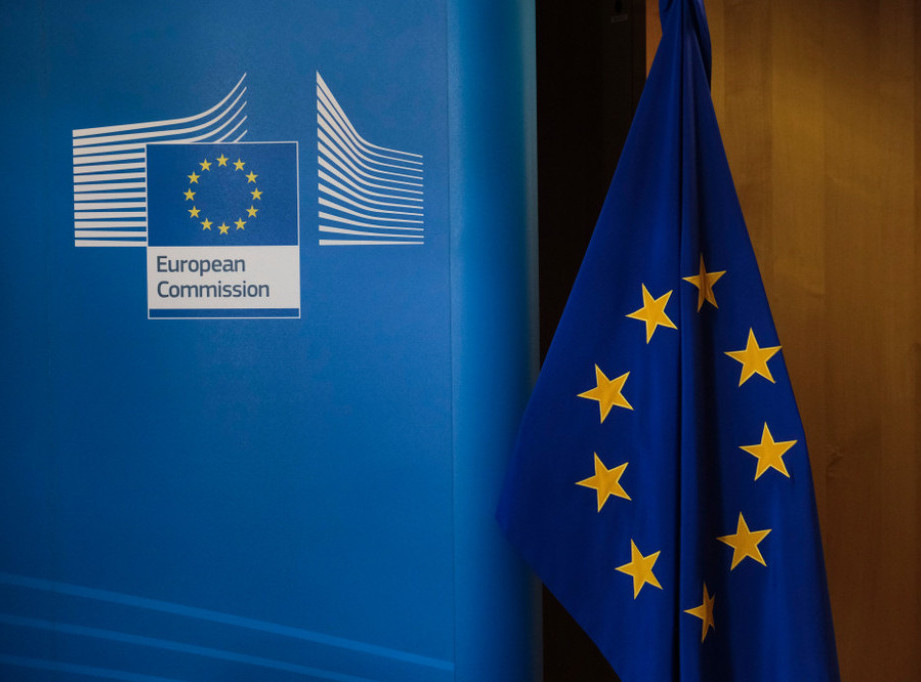Tatjana Macura, State Secretary responsible for coordinating activities in the field of gender equality, emphasized Serbia’s strong commitment to advancing gender equality and family support. At a roundtable within a regional project, Macura highlighted that the government implements policies including specific budgets for projects supporting parenting, women’s empowerment, and improving working conditions. She also stressed the importance that employees should not have to choose between career and family, which is a responsibility of the state and employers. In another article, Macura discussed with the Swedish ambassador further cooperation on enhancing women’s rights and promoting gender equality, emphasizing political empowerment of women as a key priority.
Political Perspectives:
Left: Left-leaning outlets emphasize the importance of state intervention and social policies to promote gender equality and support families, highlighting the empowerment of women and the role of government budgets in addressing systemic inequalities. They focus on the need for comprehensive policies that ensure work-life balance and prevent discrimination.
Center: Center-leaning sources report on the government’s initiatives and cooperation with international partners like Sweden to advance gender equality and family support. They present the topic as a positive development in social policy, focusing on practical measures such as budget allocations and institutional coordination without strong ideological framing.
Right: Right-leaning perspectives may acknowledge the importance of family support and gender equality but often emphasize traditional family values and the role of private sector and employers in balancing work and family life. They may be cautious about extensive government intervention, preferring policies that encourage personal responsibility and economic empowerment.







